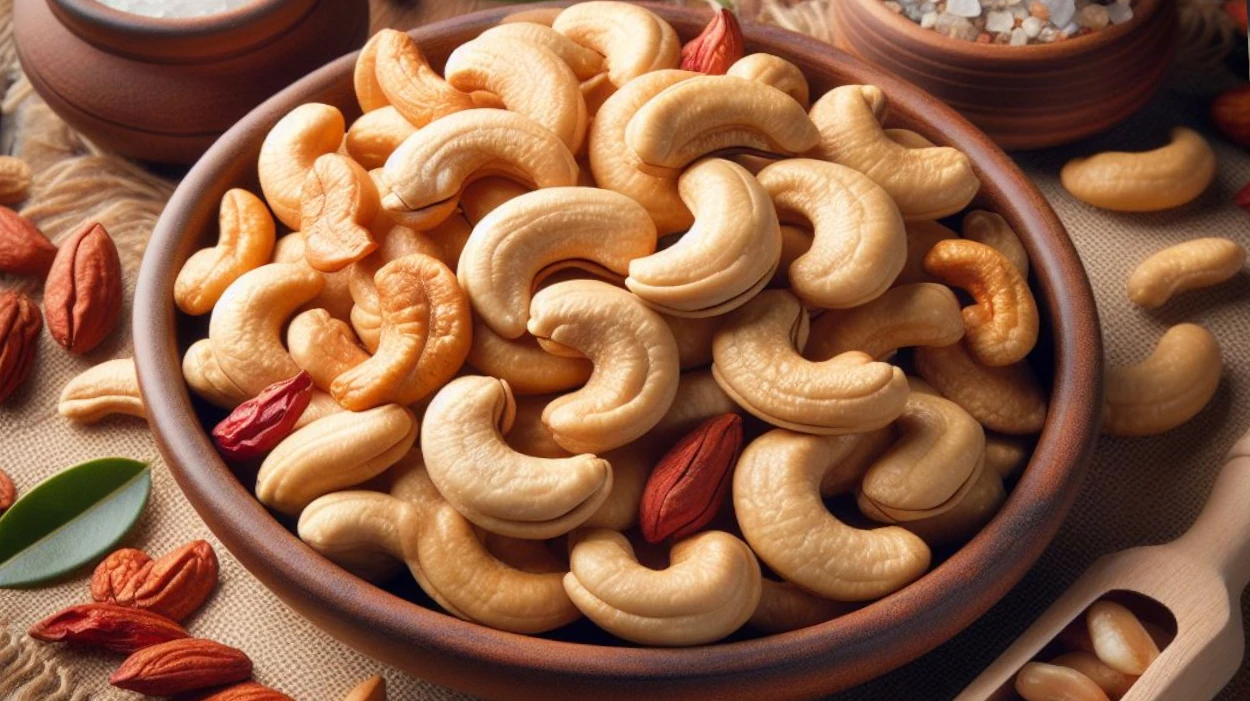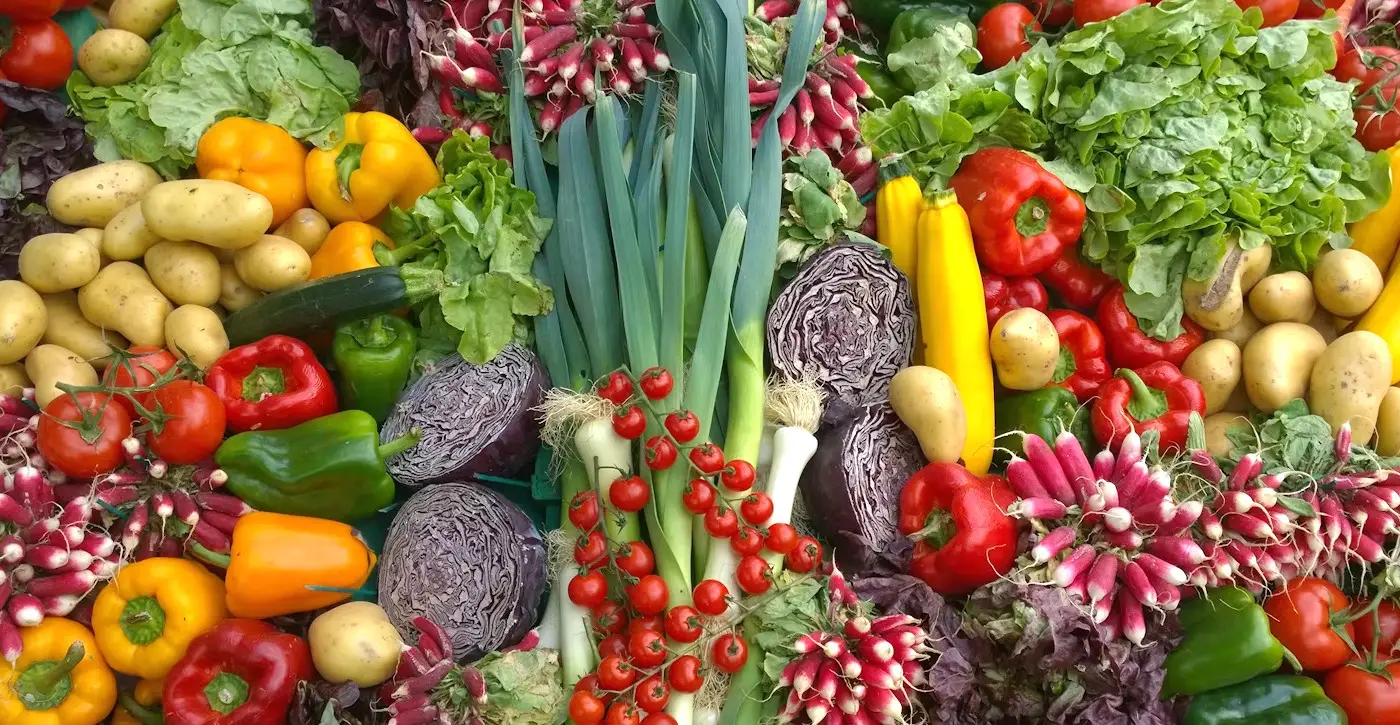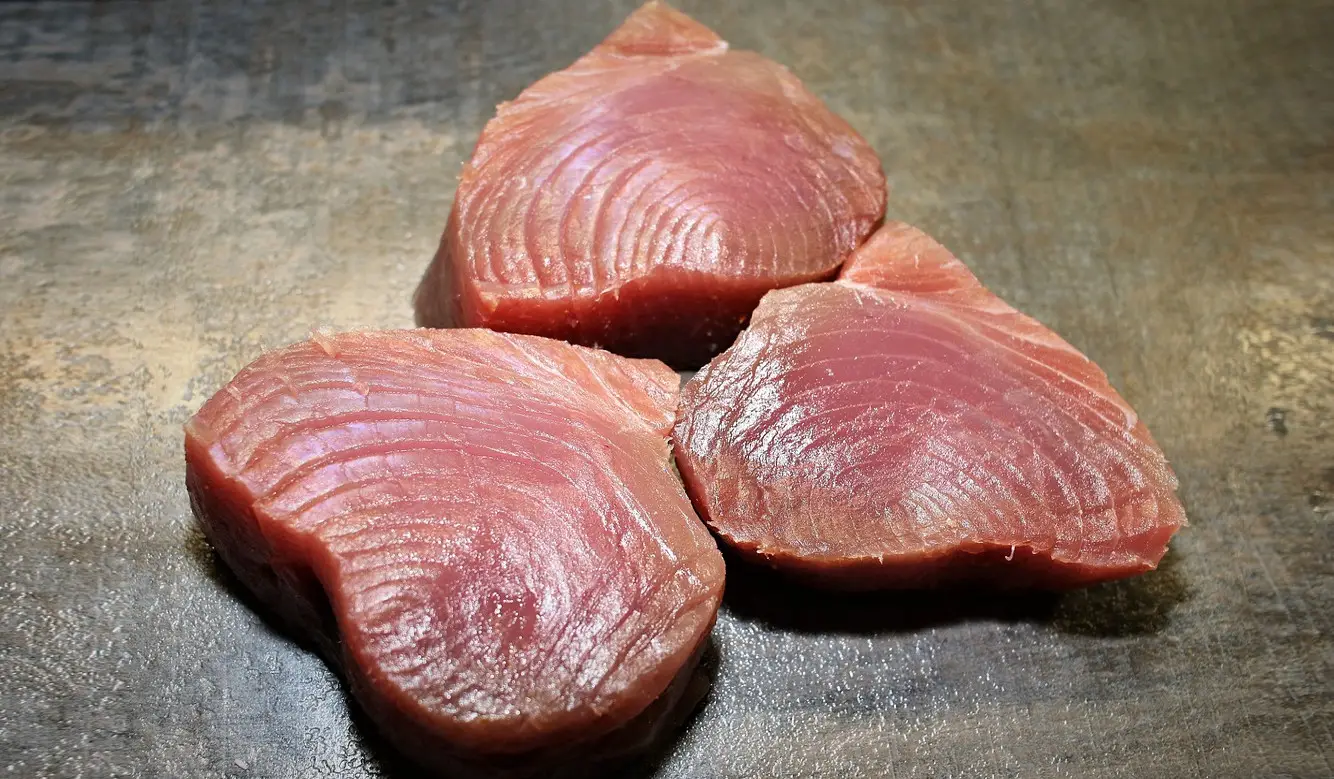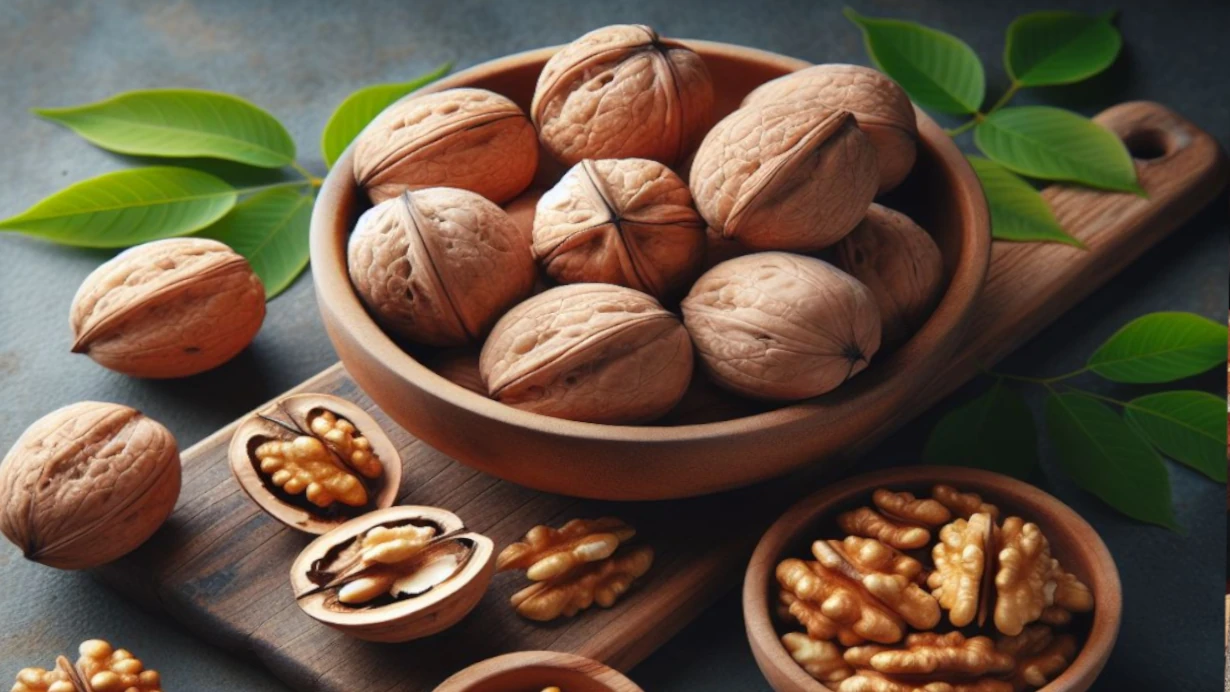Cashews Lysine and Arginine Info Sheet
Overview
Cashews are edible nuts that grow on trees in tropical regions. They have a creamy texture and a mild flavor. They are high in protein, healthy fats, fiber, antioxidants, and minerals.Cashews can be eaten raw, roasted, salted, or flavored. They can also be used as an ingredient in salads, desserts, sauces, and spreads.
Cashews may have some health benefits, such as lowering cholesterol, blood sugar, and blood pressure, and improving heart, brain, and eye health.
However, they may also contain allergens, oxalates, and calories, so they should be consumed in moderation and with caution.
| Name | Lysine (mg/100g) | Arginine (mg/100g) | Ratio |
|---|---|---|---|
| Cashews | 154mg | 294mg | 0.523 |
Cashews contains 154mg of Lysine and 294mg of Arginine per 100g of product.
This means Cashews has a low Lysine-Arginine ratio of 0.523.
Because Cashews contains slightly more arginine than lysine, reducing its consumption may help people who suffer from herpes, as it may lower the viral activity.
Lysine Considerations
Cashews are a fair source of lysine, an essential amino acid that is important for protein synthesis, collagen formation, and calcium absorption.
Lysine may also help prevent cold sores, herpes, and shingles.
Cashews provide about 154 mg of lysine per 100 grams of food, which is about 5-19% of the recommended daily intake of 800-3000 mg for adults.
Lysine has the potential to prevent or treat cold sores, which are blisters caused by the HSV-1 virus, also known as herpes.
Lysine operates by working against the proliferation of HSV-1, which relies on another amino acid, arginine, to reproduce and infect cells.
Lysine can only be acquired through our diet, and is present in many high-protein foods such as eggs, dairy, fish, meat and poultry.
Arginine Considerations
Cashews are also a fair source of arginine, another essential amino acid that is involved in nitric oxide production, wound healing, and immune function.
Arginine may also help improve blood flow, erectile dysfunction, and athletic performance.
Cashews provide about 294 mg of arginine per 100 grams of food, which is about 5-7% of the recommended daily intake of 400-6000 mg for adults.
Arginine can benefit your health and performance, such as lowering your blood pressure, healing your wounds, and boosting your exercise endurance.
Arginine can be made by the human system or obtained from foods like meat, dairy, nuts, and soy.
Unfortunately, the herpes virus is known to "feed" on arginine, and having a diet higher in arginine than lysine may increase the occurrence and severity of cold sores and herpes outbreaks.
Lysine-Arginine Ratio
Cashews have a moderate lysine-arginine ratio of 0.523, which means that they have slightly more arginine than lysine.
This ratio may affect the balance of these amino acids in the body, and may influence the risk of viral infections, such as herpes simplex virus (HSV).
Some studies suggest that a higher lysine-arginine ratio may help suppress HSV replication, while a lower ratio may promote it.
Therefore, cashews may not be the best choice for people who have or are prone to HSV outbreaks.
However, the lysine-arginine ratio is not the only factor that affects HSV, and other factors, such as stress, immunity, and diet quality, should also be considered.
Both lysine and arginine play crucial roles in protein synthesis and other metabolic activities.
Interestingly, they have contrasting effects on the herpes simplex virus, which is responsible for cold sores and genital herpes.
Lysine can slow down the virus's ability to replicate, while arginine can promote it.
Consequently, consuming foods with a high lysine to arginine ratio may help decrease the frequency and severity of herpes symptoms.
Foods with a high lysine-arginine ratio include milk, cheese and yogurt products, fish, poultry, fruits, and vegetables.
These foods can supply the body with sufficient lysine to block the virus's uptake of arginine, thereby preventing its growth and spread.
Dietary Considerations
Nuts are generally high in arginine and not very high in lysine, which makes them unfavorable for people with herpes.
Arginine can stimulate the replication of the herpes virus, while lysine can inhibit it.
Nuts that have the highest arginine to lysine ratio include peanuts, almonds, walnuts, and hazelnuts.
These nuts should be avoided or consumed in moderation by people with herpes.

For example:
A well-balanced and healthy diet that strengthens your immune system and lowers inflammation is important.
This means you should eat a lot of fruits, vegetables, whole grains, lean protein, and good fats, and avoid processed foods, added sugars, alcohol, and caffeine.
Avoid alcoholic beverages and caffeine which can overstimulate your body, leave you dehydrated, and compromise your immune system.Consider taking l-lysine supplements, which can help prevent herpes outbreaks and stop a cold sore before it emerges by limiting the availability of arginine for the virus, which it requires to produce a cold sore.
Other food supplements, such as vitamin C, zinc, selenium, and antioxidants, can help you boost your immunity and protect your cells from oxidative stress.
Your immune system can be weakened and inflammation can be increased by foods that can cause allergic reactions or sensitivities, such as gluten, dairy, nuts, eggs, or shellfish.
Avoid these foods to avoid outbreaks.
Eating foods that can soothe your symptoms and speed up your healing process, such as honey, yogurt, aloe vera, and chamomile.
These foods have anti-inflammatory, antiviral, and antibacterial properties that can reduce pain, swelling, and itching, and promote tissue repair.
Check more food information






